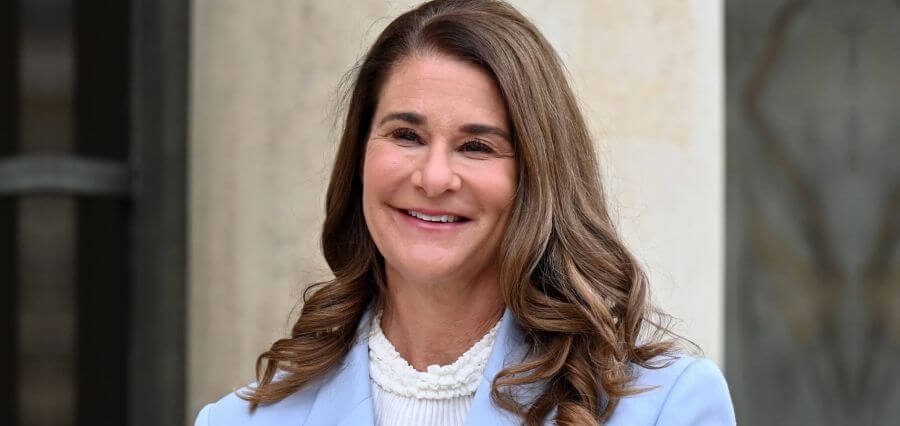Coaches are no longer just technicians teaching techniques and strategies to athletes. They are becoming a part of their communities as mentors, leaders, and influencers who can positively influence change. Community engagement is perhaps the most effective way for coaches to amplify their impact.
This article examines how engagement with the community makes coaches more influential, helps them to connect more meaningfully, fosters trust, and helps both individuals and teams grow.
Building Trust and Relationships
Engagement with the community is basically about building relationships. When a coach participates actively in community events, local sports leagues, or fitness programs, he or she establishes a presence that goes beyond the confines of training sessions. This transparency builds trust among athletes, parents, and community members. Coaching is not just about developing the skill but also understanding the personal and emotional challenges an athlete face. When coaches are perceived as approachable figures within the community, it encourages open dialogue, where athletes can share their concerns and aspirations.
For example, the coach can easily create a friendly atmosphere by attending events in local schools or through youth sports initiatives. This approachable nature helps the athletes build trust and seek guidance or advice from the coach, thus enabling the coach to influence their development both on and off the field.
Enhancement of Team Culture
A culture in the team led by a coach enhances their influence thousandfold. The coach will engage the community, which makes him or her teach values like teamwork, resilience, and sportsmanship. Community service or charity work undertaken by the coach sets a good example to the athletes. Athletes are motivated to adopt such values and be giving back to the community due to the example set by their coaches.
Third, good team culture gives a sense of belonging. The athlete will be willing to give his or her time and energy if he or she feels attached to the coach and his teammates. Community engagement shared experiences enhance the bonding between teammates. Camaraderie leads to performance improvement. It also produces a supportive environment to make the athletes perfect.
Use of Social Media and Digital Technologies
Coaches can leverage the widespread usage of technology and social media in their quest to enhance community engagement. The experiences, insights, and community initiatives that a coach can share online are far more accessible and impactful. Through periodic posts about training tips, motivational messages, or community events, a coach can build his thought leadership position.
Social media engagement with the audience also allows for conversations that open up into more personal relationships. A coach can comment on messages, post triumph stories, and acknowledge his athletes’ victories. Engagement increases the publicity for the coach, but most importantly, this promotes the image of a coach as one who can nurture the individual and the team in the community. The more a coach is engaging online with the audience, the greater influence he/she has.
Build Support Network
Community engagement allows coaches to build a network of support robust in nature. If coaches can be involved in local organizations, schools, and businesses, this creates opportunities for collaboration and the sharing of resources. This can become a network from which athletes get sponsorships, scholarships, or training facilities, among others, that they could not have easily accessed otherwise.
The coaches who are connected within the community tend to be effective supporters of their athletes. Be it getting to finance to get new equipment or raising awareness for key issues like mental health in sports, a good coach can get things done which could have many great benefits on everyone’s face in the community.
Get Families Involved
The influence of a coach is not only limited to the athletes but also extends to their families. Community engagement encourages family involvement in sports, which helps in creating a supportive environment for athletes. When families are participating in community events or team activities, they get involved in the journey of their athletes.
This could lead to performance and personal growth. Coaches who are informed and supportive of family involvement make athlete development more holistic. Organizing family-friendly events or workshops could strengthen the relationship between athletes and their families, creating an environment that promotes success.
Positive Change Driver
In conclusion, community engagement makes a coach an agent of positive change. The opportunity to touch on the topic issues of inclusiveness, health education, and wellness can be found within the communities. This could be through coaching for the good of influence and furthering impacts within society for healthiness and activity levels.
Coaches may even become community leaders outside the field when engaging in community forums or conducting seminars on topics that require discussion. As a result of public opinion influence and activation, there are long-term community benefits where one may achieve fitness, teamwork, and individual improvement.
Conclusion
Community involvement can be used by coaches to make themselves more influential. But there is so much more that these coaches can be doing, really building trust to enhance team culture, utilizing online platforms, making networks of support, involving the families, driving positive change on and off the playing field for their athletes and themselves. As coaches become more involved in the community, they are laying the foundation for a future where sports can be the vehicle for personal growth, social change, and collective progress.





